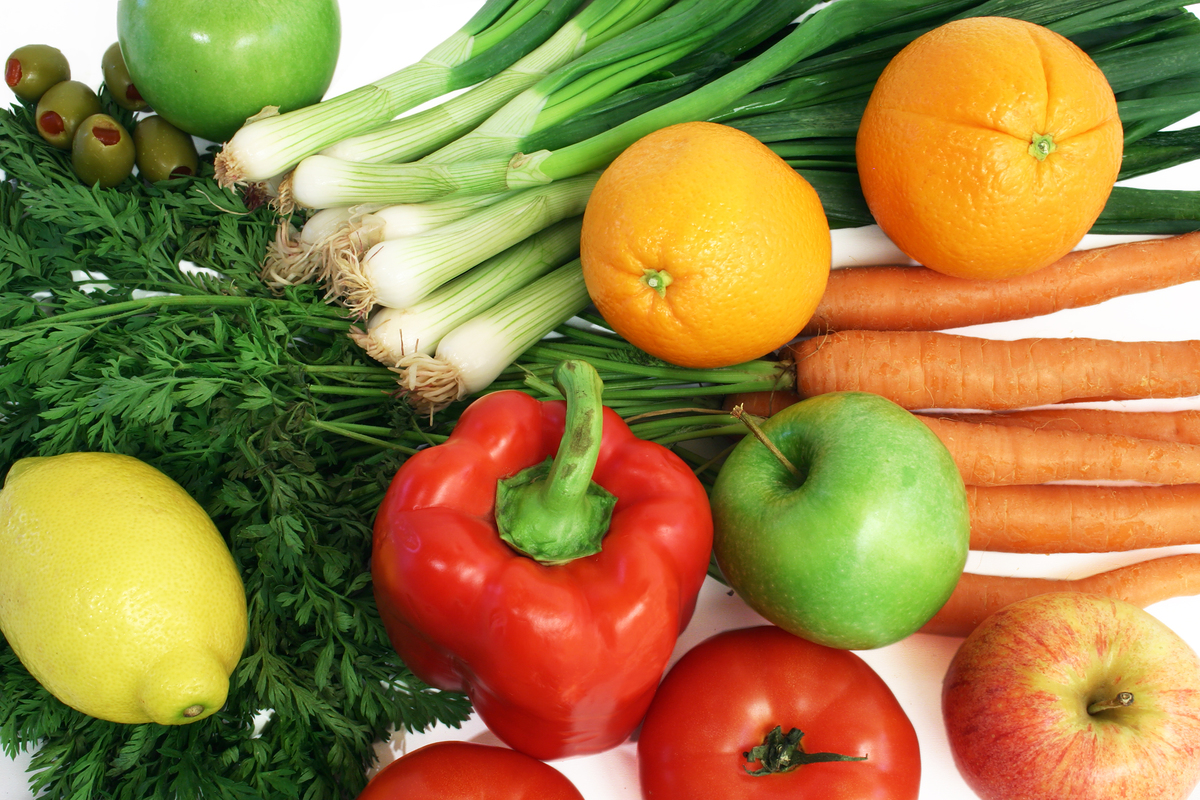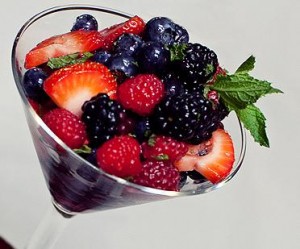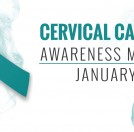Nutrients for Healthy Heart
 In this generation, wherein what’s in seems to be cool thing, many people left behind the organic foods that our great grandparents have always loved eating. But time and again, as scientists and medical experts wear their lab coats to research on the healthiest food to eat, they come to similar results – the organic foods are still the healthiest of all. What nutrients do you specifically need for a healthy heart?
In this generation, wherein what’s in seems to be cool thing, many people left behind the organic foods that our great grandparents have always loved eating. But time and again, as scientists and medical experts wear their lab coats to research on the healthiest food to eat, they come to similar results – the organic foods are still the healthiest of all. What nutrients do you specifically need for a healthy heart?
Phytoestrogen, the type of phytochemical in plants, having weak estrogen-like effect in the body. Studies suggest phytoestrogens cut the risk of blood clots, stroke, and cardiac arrhythmias. Further, it may also help lower total cholesterol level, LDL or bad cholesterol, triglycerides, and blood pressure.
Food Sources: Flax, sesame and sunflower seeds, soy and soy products, garlic and onion, hummus, mung bean and alfalfa sprouts, apricots and dates, olive oil, chestnuts, almonds and peanuts, green bean, cow’s milk, corn, coffee, blueberry, and watermelon.
Phytosterol or Plant Sterol, cholesterol-like plant substance that may reduce blood cholesterol.
Food Sources: Unrefined plant oils are the best sources, so all nuts and seeds are rich in phytosterol. Also included are phytosterol-fortified foods such as orange juice, margarine, mayonnaise, milk, yogurt, meat, soy milk, snack bars, and salad dressing.
 Carotenoid – Heart-protective antioxidants that include alpha-carotene, beta-carotene, lutein, and lycopene are carotenoid.
Carotenoid – Heart-protective antioxidants that include alpha-carotene, beta-carotene, lutein, and lycopene are carotenoid.
Food Sources: Color-rich fruits and veggies indicate high carotenoid content. You can get it in the orangey carrots, pumpkins, squash and sweet potatoes. It’s also present in green kale, turnip, mustard, collard, dandelion, watercress, beet, spinach and broccoli. Apricots, mangos, cantaloupe, guava, and goji berries are also yummy sources of carotenoid.
Polyphenols – Antioxidants that protect blood vessels, lower blood pressure, and reduce LDL or bad cholesterol.
 Food Sources: Apple peels, as well as all types of berries contain polyphenols. Plum, flaxseed, dark chocolate and cocoa powder, black and green tea, red wine, soy yogurt, broccoli, spinach, pecans, and black beans are also included. Some red and black fruits and veggies are excellent polyphenol source as well, including black olives, black beans, red onion, and of course, apples.
Food Sources: Apple peels, as well as all types of berries contain polyphenols. Plum, flaxseed, dark chocolate and cocoa powder, black and green tea, red wine, soy yogurt, broccoli, spinach, pecans, and black beans are also included. Some red and black fruits and veggies are excellent polyphenol source as well, including black olives, black beans, red onion, and of course, apples.
Omega-3 Fatty Acids – Touted to be effective in increasing HDL or good cholesterol levels, lower triglyceride levels, protect arteries from plaque buildup, act as anti-inflammatory, and lower blood pressure, omega-3-rich fatty acids really provide heart benefits.
Food Sources: Flaxseed and walnuts, salmon, tuna and cod, winter squash, scallops, kidney beans, soybeans and tofu, as well as shrimp and halibut are very good sources of omega-3 fatty acids.
Vitamin B-complex – Like Vitamin B-12 or folate and vitamin B-6 – protect against blood clots and atherosclerosis or hardening of the arteries. Niacin or vitamin B-3 helps increase HDL or good cholesterol.
Food Sources: You can get vitamin B1 in kidney beans, liver, pork, potatoes and seafood, while B2 is in dairy products and green leafy vegetables. For vitamin B3, you need to eat beans, chicken, fish, lean red meat, nuts, and whole grains. Wheat germ and bananas are rich in vitamin B6, whereas eggs, meat, poultry products, shellfish, as well as milk and milk products provide vitamin B12. Vitamin B7 are found in liver, mushrooms, peanuts, watermelon, egg yolk and grapefruit. And in almost all foods, you can get vitamin B5.
 Vitamins C and E – Antioxidants that protect cells from free radical damage. Magnesium, potassium, and calcium help lower blood pressure. Fibrous vitamin c and e-rich foods help lower cholesterol levels.
Vitamins C and E – Antioxidants that protect cells from free radical damage. Magnesium, potassium, and calcium help lower blood pressure. Fibrous vitamin c and e-rich foods help lower cholesterol levels.
Food Sources: Citrus fruits are your best sources of Vitamin C. You can also find them in your favorite berries, broccoli, spinach, tomatoes, as well as green and red peppers. For vitamin E, get a pretty good dose of sunflower and safflower oils as well as other oil-based dressings. Also get them from almonds, dark green leafy vegetables, and peanut butter.
NOTE: Commercial products tout super supplement and mega-dose of several types of vitamins, these you should say no to, because intake of any of these vitamins in amounts more than what is needed may cause deficiencies. For individuals with ailments, check with your doctor for the recommended amount of any of the said nutrients.







